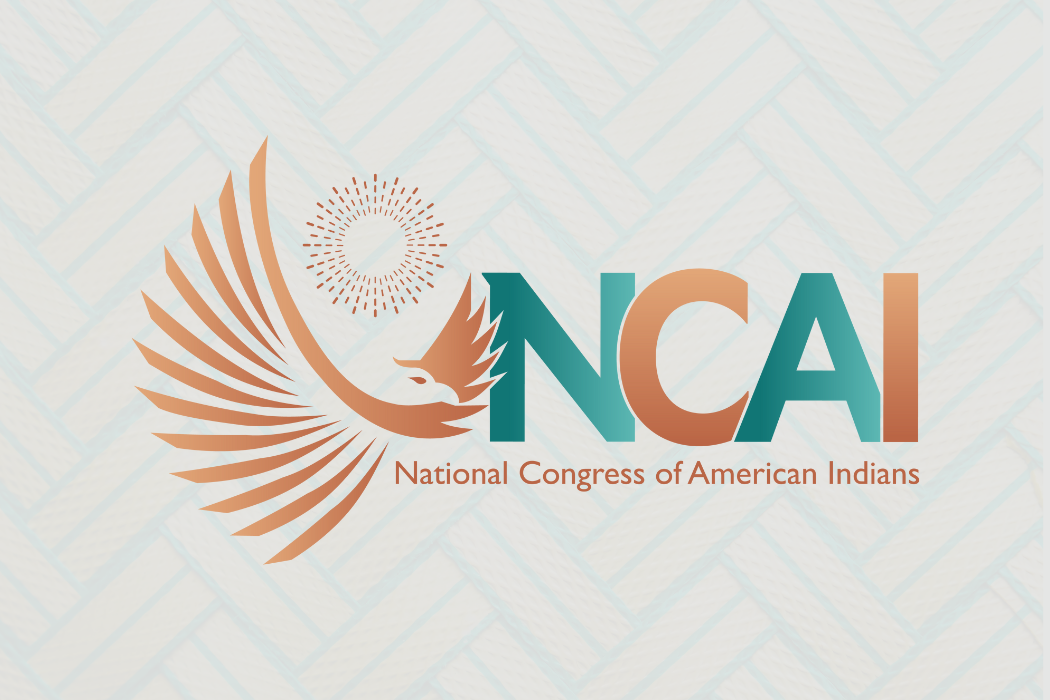
WASHINGTON, D.C. — The National Congress of American Indians (NCAI) strongly requests the Department of Education (ED) immediately hold meaningful Tribal consultation on its transfer of the administration of programs across Elementary and Secondary Education as well as Postsecondary Education to agencies outside of ED. This decision by ED, done without input from Tribes, weighs heavily on the future of our next generation, as NCAI underscored in our March 2025 statement on proposed transfers of Tribal-serving education programs.
The Administration has had more than eight months to engage in meaningful, government-to-government consultation with Tribal Nations before taking final action. Rather than fulfill its trust and treaty obligations to the Native learners of this country, ED announced the dismantling and transfer of Native education programs on November 18, 2025 — during NCAI’s 82nd Annual Convention & Marketplace — at the very moment when Tribal leaders, Native educators, youth, and stakeholders had gathered to discuss these issues and, together, passed two resolutions reaffirming the need to protect Native education programs and honor Tribal consultation. Moving forward with these inter-agency agreements without prior, robust consultation not only disregards the federal trust and treaty responsibility, it sidelines the very governments most impacted by changes to Title VI, Native language, Alaska Native and Native Hawaiian education, Tribal college programs, and Impact Aid.
“We gathered in Seattle for NCAI’s 82nd Annual Convention & Marketplace to strengthen Tribal sovereignty, protect our children’s futures, and speak with one voice on issues just like this,” said NCAI President Mark Macarro. “Instead, while Tribal leaders, educators, and students were meeting in good faith and passing resolutions to safeguard Native education, key programs were dismantled and reassigned without the meaningful, government-to-government consultation we have been calling for since March. Our message is simple: Do not make decisions about Native education without Native Nations at the table. We expect the Departments of Education, Interior, and Labor to pause implementation and immediately engage in formal consultation with Tribal leaders to ensure these changes strengthen — not weaken — services to our children and communities.”
NCAI calls on the Department of Education, the Interior, and Labor to immediately conduct formal Tribal leader-driven consultation on all aspects of these transfers — including Interior’s capacity to absorb additional responsibilities — before further implementation proceeds. NCAI further calls on Congress to immediately schedule oversight hearings on the ED action, focusing on the lack of Tribal involvement in the decision-making process and the impact of any proposed transfer of funding and programs on Native learners.
Together with Tribal Nations, Native educators, families, and students, NCAI stands ready to work with the Administration and Congress to design solutions that truly honor Tribal sovereignty and strengthen — not undermine — Native education. Our children deserve more than unilateral decisions made without their Nations at the table; they deserve stable, well-resourced programs that reflect their languages, cultures, and inherent rights. NCAI will continue to press for full transparency, robust consultation, and concrete action to ensure that every change in federal education policy moves us closer to educational equity, Native self-determination, and brighter futures for the next seven generations.
###
About the National Congress of American Indians:
Founded in 1944, the National Congress of American Indians is the oldest, largest, and most representative American Indian and Alaska Native organization in the country. NCAI advocates on behalf of Tribal governments and communities, promoting strong Tribal-federal government-to-government policies and a better understanding among the general public regarding American Indian and Alaska Native governments, people, and rights.
